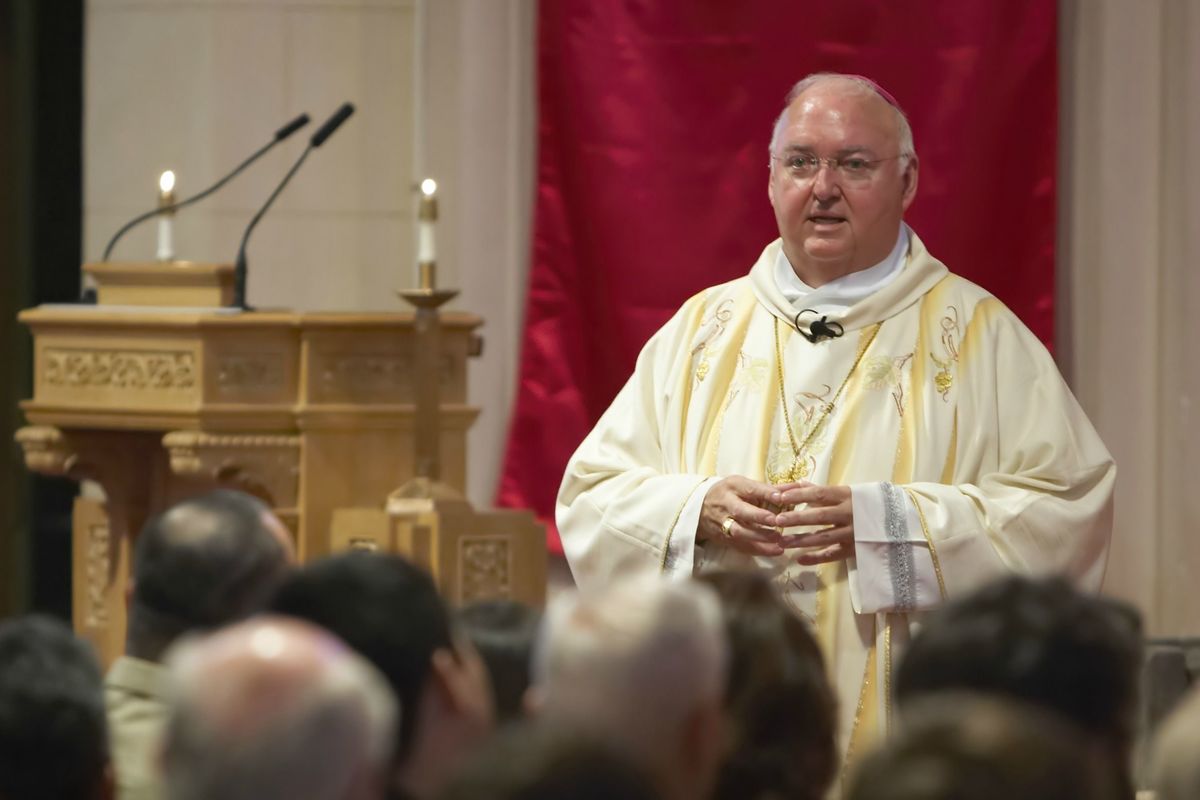THEOLOGICAL DEFINITIONS – INTRODUCTION

Prolegomena (lit.: pro, “before,” and lego, “speak”) is the introduction to theology. It deals with the necessary preconditions for doing systematic theology.
Theology (lit.: theos, “God,” and logos, “reason” or “discourse”) is a rational discourse about God.
Evangelical theology is defined here as a discourse about God that maintains that there are certain essential Christian beliefs.1 These include, but are not necessarily limited to,2 the infallibility and inerrancy of the Bible alone,3 the tri-unity of God, the virgin birth of Christ, the deity of Christ, the all-sufficiency of Christ’s atoning sacrifice for sin, the physical and miraculous resurrection of Christ, the necessity of salvation by faith alone through God’s grace alone based on the work of Christ alone, the physical bodily return of Christ to earth, the eternal conscious bliss of the saved, and the eternal conscious punishment of the unsaved.4
Theology is divided into several categories:
(1) Biblical Theology is a study of the biblical basis for theology.
(2) Historical Theology is a discussion of the theology of the great theologians of the Christian church.
(3) Systematic Theology is an attempt to construct a comprehensive and consistent whole out of all revelation from God, whether special (biblical) or general (natural) revelation (see chapter 4).
Apologetics (Gk: apologia, “defense”) deals with the protection of Christian theology from external attacks. Polemics defends orthodox Christianity from internal doctrinal threats such as heresy and aberrant teachings.
THE BASIC DIVISIONS OF SYSTEMATIC THEOLOGY
Systematic theology is generally divided into the following categories:
(1) Prolegomena (Introduction);
(2) Bibliology (Gk: biblios, “Bible”);
(3) Theology Proper, the study of God;
(4) Anthropology (Gk: pl. anthropoi, “human beings”);
(5) Harmartiology (Gk: harmartia, “sin”);
(6) Soteriology (Gk: soterios, “salvation”);
(7) Ecclesiology (Gk: ecclesia, “[the] church”);
(8) Eschatology (Gk: eschatos, “the last things”).
In addition, the study of the Holy Spirit (a subdivision of Theology Proper) is titled Pneumatology (Gk: pneuma, “spirit”), and discourses about Christ are called Christology. Theological discussions about demons are designated Demonology, those about Satan are titled Satanology, and the study of angels is labeled Angelology.5
THE PRECONDITIONS OF EVANGELICAL THEOLOGY
Evangelical theologians believe the Bible is an infallible, absolutely true communication in human language that came from an infinite, personal, and morally perfect God. This belief presupposes that many things are true—most of which are challenged by our current culture. Evangelicalism presupposes that there is a theistic God (the metaphysical precondition—chapter 2) who created the world and can miraculously intervene in it (the supernatural precondition—chapter 3); a God who has revealed Himself in both general and special revelation (the revelational precondition—chapter 4); which revelation is subject to the laws of logic (the rational precondition—chapter 5) and which contains objectively meaningful statements (the semantical precondition—chapter 6) that are true objectively (the epistemological precondition—chapter 7) and true exclusively (the oppositional precondition—chapter 8); which statements can be properly understood in analogous language (the linguistic precondition—chapter 9), the meaning and truth of which can be understood objectively (the hermeneutical precondition—chapter 10), including those elements relating to historical events (the historical precondition—chapter 11); and which revelation can be systematized by a complete and comprehensive theological method (the methodological precondition—chapter 12).
Foreboding as this project may seem, these are the preconditions necessary to make evangelical theology a possibility. Each one will be treated successively in the following chapters.
THE IMPORTANCE OF PRECONDITIONS
A precondition makes possible what is based on it. For example, the preconditions for two human beings communicating with each other minimally include:
(1) There is a mind capable of sending a message (encoder).
(2) There is a mind capable of receiving a message (decoder).
(3) There is a common mode of communication (like a language) shared by both persons (code).
Without these necessary preconditions communication could not take place.
Likewise, without the above stated preconditions, evangelical systematic theology is not possible. One of the most important preconditions is the metaphysical one, theism, which is discussed in the next chapter.
1 Not all of these are necessary for traditional orthodoxy, but they are necessary for a consistent orthodoxy. Inerrancy, for example, is not a test for evangelical authenticity but for evangelical consistency.
2 The belief in a theistic God and miracles are also fundamental beliefs, as is creation ex nihilo (“out of nothing”).
3 Traditional Roman Catholics deny the “alone” in these statements.
4 Recently a number of individuals and groups calling themselves “evangelicals” have denied eternal conscious punishment of the wicked in favor of annihilationism. Historically, however, eternal conscious punishment has been affirmed by orthodox theology, from the earliest time down through the Reformation into the modern era (see W. G. T. Shedd, Eternal Punishment).
5 Subdivisions (3) through (8), as well as all corollary topics, will be published in subsequent volumes.
Geisler, N. L. 2002. Systematic theology, volume one: Introduction, Bible (15). Bethany House Publishers: Minneapolis, MN



